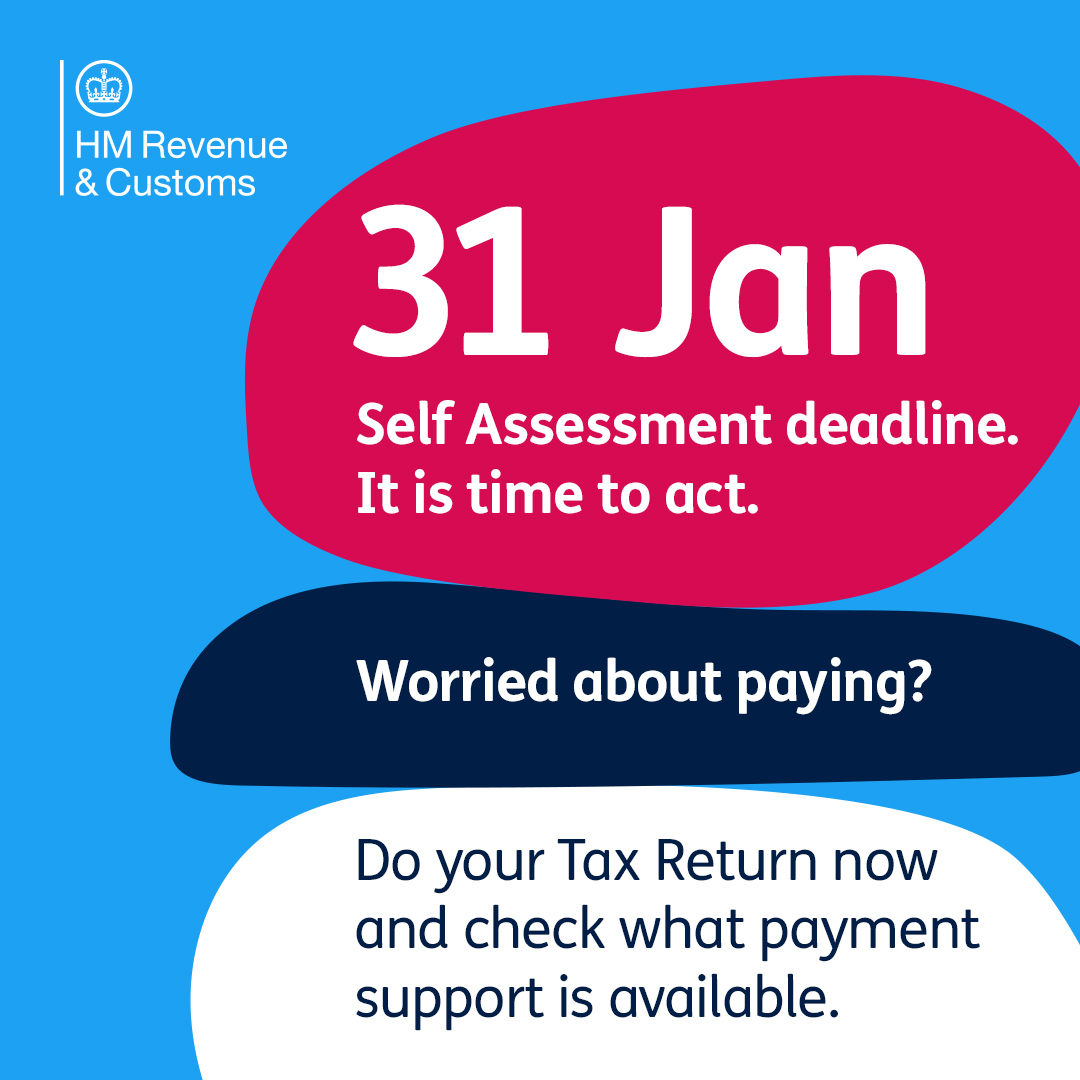Saffery Champness is encouraging owners of farm and land-based businesses yet to give consideration to compliance with the requirements of Making Tax Digital for Income Tax or Corporation Tax to take time to plan for those changes.
David Chismon, Partner, Saffery Champness, and head of the firm’s Land and Rural Business Group, says:
“Whilst it was recently announced that the introduction of MTD for income tax will be deferred for a further year to April 2024, there are major changes on the horizon. Businesses that are yet to start planning for the changes need to start thinking now.
“Many will already be set up and complying with the requirements of MTD for VAT. Those VAT registered businesses that are yet to report under the requirements of MTD for VAT will be required to comply from April 2022, regardless of size. However, digital reporting for Income Tax or Corporation Tax brings additional considerations.”
For Income Tax, compliance will be required from April 2024 for individuals with unincorporated businesses or landlords with turnover or property income exceeding £10,000. This will include digital quarterly reporting to HMRC of income and expenses through approved software.
Some general partnerships with income/turnover exceeding £10,000 will be required to comply from April 2025. However, other types of partnerships, including LLPs and general partnerships with trust or corporate members, will be required to join MTD for Income Tax at a future date, yet to be confirmed.
The precise date for the introduction of MTD for Corporation Tax is yet to be announced although it is thought that this is unlikely to be before April 2026. Many businesses will need to upgrade their financial recording and reporting systems to comply with the requirement to keep accounting records in a digital format and to be able to provide information digitally to HMRC.
David Chismon says: “It may still feel like some way off, especially given the recent deferral of MTD for Income Tax for a further year, but for a lot of businesses, the changes that will be required to comply cannot be implemented overnight and will need careful thought and planning.”
Saffery Champness has produced two new briefing notes on MTD and Corporation Tax and MTD and Income Tax, now available online at https://www.saffery.com/our-
About Saffery Champness LLP
Saffery Champness LLP is a firm of chartered accountants that advises individuals and families, not-for-profit organisations and businesses across a range of sectors. As a member of Nexia International, it is part of a worldwide network of independent accounting and consulting firms. For over 160 years, the firm’s success has been founded upon providing clients with a genuinely partner-led service and working with them to create bespoke solutions that help them to achieve their personal and business objectives. For more information visit www.saffery.com or see Twitter @Safferys



